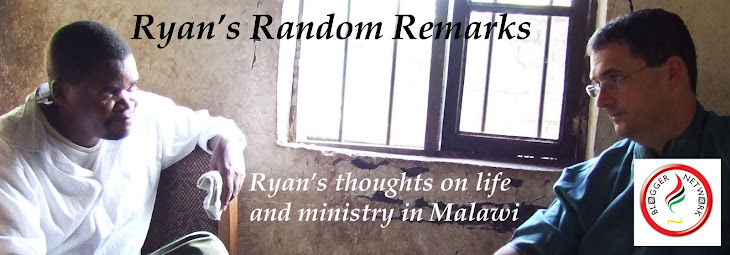When we hear the word justice we usually think of a legal system. We link it to the idea of fair treatment, but usually in the context of a court room or when we come in contact with the law (such as how a police officer treats us).
In recent years, justice has become a topic being discussed by many within the church (largely the church in the west). It typically seems to be younger (20’s, 30’s) Christians talking about it and raising it up as an issue for the church to engage in and address. Some have struggled to know what is being talked about because the “justice” being discussed does not seem to be the idea of “justice” that they have known. In order to understand what is being discussed we need to understand justice in broader terms than how one is treated within a system of law.
Justice can be simply defined as “moral rightness” (Wikipedia). To broaden things more, many within the church discussing “justice” are often referring to “social justice.” Social justice can be defined as “a society in which justice is achieved in every aspect of society rather than merely the administration of law (Wikipedia).” So, justice is achieved not only in the courts, but all levels of society. Equal rights and opportunities are spread throughout.
So, how does this broad idea of justice impact ones thinking about the role of the church in society and the world? Consider the following:
· Thousands of children die each minute of preventable diseases that we have the means to stop, but we don’t spend the money to do it.
· Millions in the world are dying of starvation while others are dying of gluttony.
· Millions have less to live on each day than others spend on a cup of coffee. Others have more individual wealth than whole countries.
· There are more people in slavery today than in the worst days of the pre-abolition slave trade.
· Millions live as refugees from wars. (the idea of this list from; The God I don’t Understand, Christopher J. H. Wright)
· More than a billion people worldwide do not have access to clean drinking water.
When confronted with these kinds of issues, a broader definition of justice asks the question, “Is this right, is this fair, is this just?” The answer is “no, it’s not fair." The next question then is, “What should the church do about it?” The response is, “The church should engage in providing for the widow and orphan, defending the weak and being a voice for the voiceless.”
What do you think about this broader definition of justice? Should the church be worried about these kinds of issues? If so, to what extent should the church engage? What about our own personal responsibility? If I know injustice is occurring, am I responsible to do something about it? If so, does geographical distance matter or is my knowledge of the problem sufficient cause to call me to responsibility?
Subscribe to:
Post Comments (Atom)


Great post, Ryan. Check out what Kevin DeYoung had to say about "distance" (specifically "moral proximity"). I'm not sure how far I'd go with him on the issue, but I think he makes some very pragmatic points. http://bit.ly/Pc84o The comments to the post are in some cases just as good as the post itself.
ReplyDeleteThanks for the link Luke. I found his post thought provoking. While I feel that his principle of moral proximity is perhaps a good guide for prioritizing how one assists when met with the challenge more requests than resources. However, I think that it could be taken too far by Christians choosing to excuse themselves from any obligation of helping with the many needs in the world.
ReplyDeleteI think that Jesus' whole point in the parable of the Good Samaritan was to keep one from neatly defining who is "my neighbor" and consequently neatly defining who I should show love.
We also need to consider the role of the prompting of the Holy Spirit. I can set up myself with principles that help me make decisions about who to help to the point of no longer listening for a prompt from the Holy Spirit to assist in situations that fall outside of my principles.
I made a comment on his post that includes other points that I have not mentioned here.